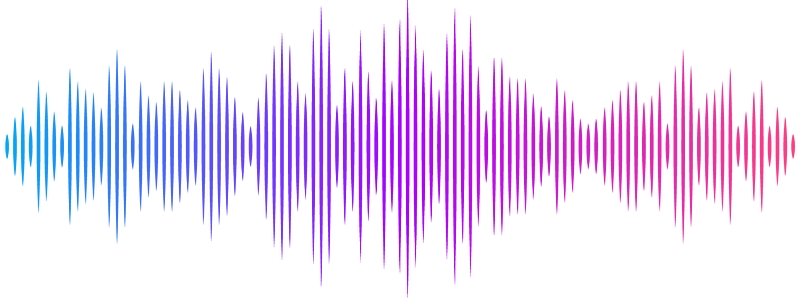Pathogenic variants associated with speech/cognitive delay and seizures affect genes with expression biases in excitatory neurons and microglia in developing human cortex

Pathogenic variants associated with speech/cognitive delay and seizures affect genes with expression biases in excitatory neurons and microglia in developing human cortex
Russ, J. B.; Stone, A. C.; Maney, K.; Morris, L.; Wright, C. F.; Hurst, J. H.; Cohen, J. L.
AbstractBackground & Objective: Congenital brain malformations and neurodevelopmental disorders (NDDs) are common pediatric neurological disorders and result in chronic disability. With the expansion of genetic testing, new etiologies for NDDs are continually uncovered, with as many as one third attributable to single-gene pathogenic variants. While our ability to identify pathogenic variants has continually improved, we have little understanding of the underlying cellular pathophysiology in the nervous system that results from these variants. We therefore integrated phenotypic information from subjects with monogenic diagnoses with two large, single-nucleus RNA-sequencing (snRNAseq) datasets from human cortex across developmental stages in order to investigate cell-specific biases in gene expression associated with distinct neurodevelopmental phenotypes. Methods: Phenotypic data was gathered from 1) a single-institution cohort of 84 neonates with pathogenic single-gene variants referred to Duke Pediatric Genetics, and 2) a cohort of 4,238 patients with neurodevelopmental disorders and pathogenic single-gene variants enrolled in the Deciphering Developmental Disorders (DDD) study. Pathogenic variants were grouped into genesets by neurodevelopmental phenotype and geneset expression across cortical cell subtypes was compared within snRNAseq datasets from 86 human cortex samples spanning the 2nd trimester of gestation to adulthood. Results: We find that pathogenic variants associated with speech/cognitive delay or seizures involve genes that are more highly expressed in cortical excitatory neurons than variants in genes not associated with these phenotypes (Speech/cognitive: p=2.25x10^-7; Seizures: p=7.97x10^-12). A separate set of primarily rare variants associated with speech/cognitive delay or seizures, distinct from those with excitatory neuron expression biases, demonstrated expression biases in microglia. We also found that variants associated with speech/cognitive delay and an excitatory neuron expression bias could be further parsed by the presence or absence of comorbid seizures. Variants associated with speech/cognitive delay without seizures tended to involve calcium regulatory pathways and showed greater expression in extratelencephalic neurons, while those associated with speech/cognitive delay with seizures tended to involve synaptic regulatory machinery and an intratelencephalic neuron expression bias (ANOVA by geneset p<2x10^-16). Conclusions: By combining extensive phenotype datasets from subjects with neurodevelopmental disorders with massive human cortical snRNAseq datasets across developmental stages, we identified cell-specific expression biases for genes in which pathogenic variants are associated with speech/cognitive delay and seizures. The involvement of genes with enriched expression in excitatory neurons or microglia highlights the unique role both cell types play in proper sculpting of the developing brain. Moreover, this information begins to shed light on distinct cortical cell types that are more likely to be impacted by pathogenic variants and that may mediate the symptomatology of resulting neurodevelopmental disorders.


